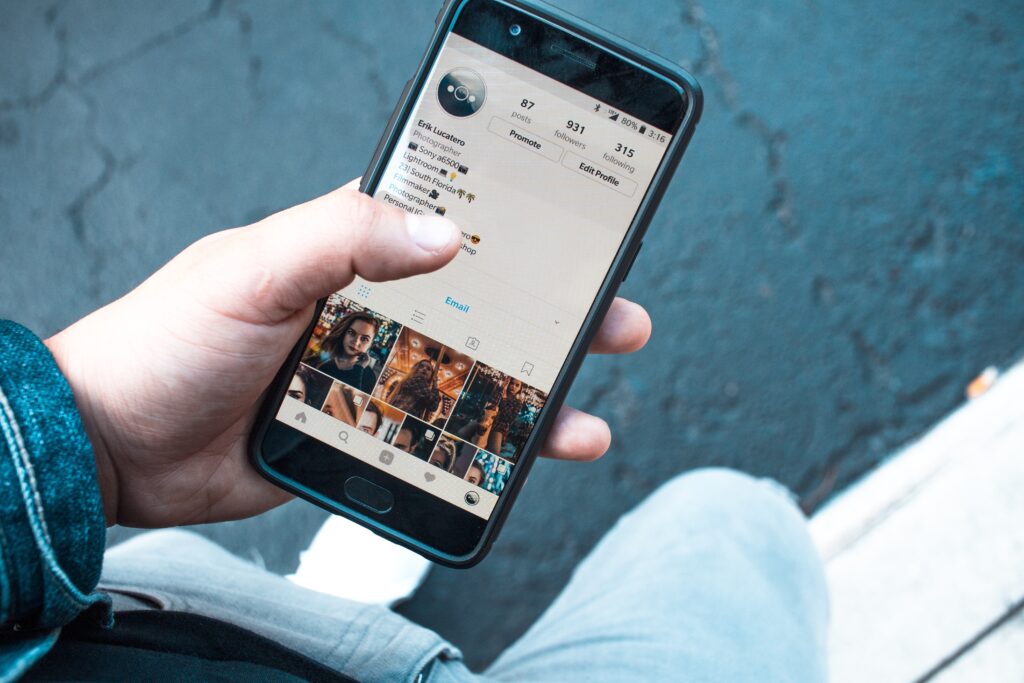By Ryan Thompson
In today’s digitally connected world, social media platforms have become an integral part of our lives. They offer opportunities for networking, sharing ideas, and staying connected with friends and family. However, the influence of social media on mental health is a topic of ongoing debate. While these platforms bring several advantages, they also carry potential risks. In this blog post, we’ll explore the pros and cons of social media on mental health to better understand how to maintain a healthy relationship with these platforms.
Pros of Social Media on Mental Health:
- Social Connection and Community Building: Social media platforms enable people to connect with others globally, fostering a sense of community and reducing feelings of isolation. They provide a space for individuals to find like-minded people, share experiences, and receive support, especially for those who might have limited offline social interactions.
- Information Sharing and Awareness: Social media acts as a powerful tool for spreading information about mental health issues, breaking down stigma, and promoting awareness campaigns. It provides a platform for individuals to share their stories, increasing understanding and empathy within society.
- Positive Affirmation and Validation: Positive feedback and validation from peers on social media can boost self-esteem and contribute to a sense of belonging. Receiving likes, comments, and messages can provide a feeling of appreciation and support, which can positively impact mental well-being.
- Educational Resources: Many social media platforms offer educational content about mental health, self-care, and coping strategies. Users can access a wealth of information that empowers them to understand their own mental health better and seek appropriate help if needed.
Cons of Social Media on Mental Health:
- Social Comparison and Envy: Constant exposure to curated, idealized versions of people’s lives can lead to unhealthy social comparison. This can result in feelings of inadequacy, jealousy, and diminished self-worth as individuals compare their lives to seemingly perfect portrayals on social media.
- Cyberbullying and Harassment: The anonymity provided by social media can facilitate cyberbullying, hate speech, and online harassment. These negative experiences can severely impact mental health, causing anxiety, depression, and even suicidal thoughts in extreme cases.
- Fear of Missing Out (FOMO): The constant stream of updates on social media can trigger FOMO, where individuals feel anxious about missing out on social events or experiences others are having. This anxiety-driven by comparison can lead to feelings of loneliness and inadequacy.
- Addictive Behavior: Social media platforms are designed to be addictive, leading to compulsive checking and excessive screen time. This addiction can negatively affect sleep patterns, productivity, and overall mental well-being.
- Privacy Concerns: Sharing personal information online can compromise privacy and security, leading to stress and anxiety over data breaches or misuse of personal information.
The impact of social media on mental health is complex and multifaceted. While these platforms offer numerous benefits, it’s crucial to be mindful of the potential pitfalls they can present. Striking a balance between online and offline interactions, setting healthy boundaries, and using social media intentionally can help mitigate the negative effects while maximising the positive aspects. Ultimately, individuals must prioritise their mental well-being and make conscious choices about their social media usage to foster a healthier relationship with these platforms.
Ryan Thompson is the Chief Engagement Officer at Mention Marketing Group
This article first appeared on LinkedIn

